
According to new data, the prevalence of birth defects potentially related to Zika virus infection increased fourfold from January through March 2017 when compared with January to March 2016.

According to new data, the prevalence of birth defects potentially related to Zika virus infection increased fourfold from January through March 2017 when compared with January to March 2016.

New research on this resistant organism provides insight on what clinicians may need to account for.

In this episode, our guests compare the West African Ebola outbreak to the ongoing outbreak in the Democratic Republic of the Congo.
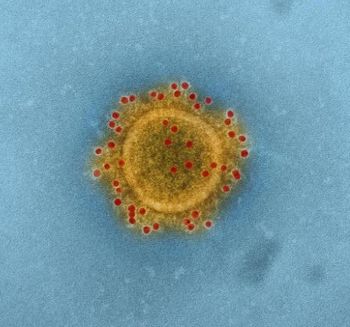
The WHO will reconvene on Thursday, January 30, 2020, to discuss whether the novel coronavirus should be designated a public health emergency of international concern.

Agencies such as the CDC have taken principles on-board over the past 10 years, better sharing information on outbreaks in both animals and humans.
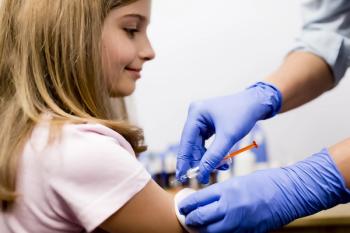
This flu season seems to be disproportionately affecting young people as more than 50% of positive influenza test results from public health laboratories have been in individuals under the age of 25 years.
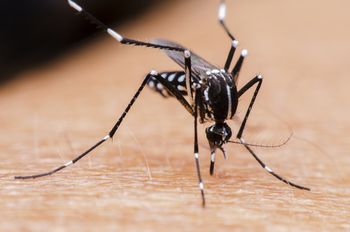
Mosquito-borne viruses can wreak havoc and be exceedingly difficult to track and control. New research suggests one tool to stop outbreaks might be a skin cream that’s already widely available around the world.

Eravacycline is a tetracycline-class antibacterial that was approved for treating complicated intra-abdominal infections in August 2018. What is its place in therapy today?
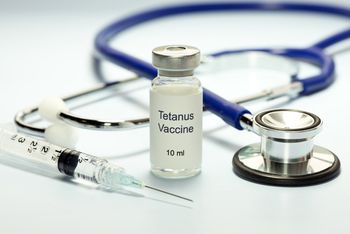
The CDC’s Advisory Committee on Immunization Practices have updated vaccine recommendations to allow interchangeable use of Tdap and Td in some cases.
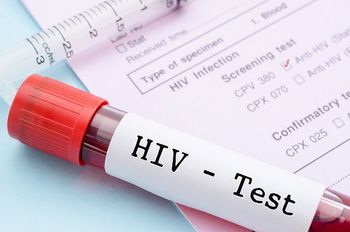
Standalone HIV testing centers in San Diego County, California, have been largely effective at reaching people at high risk of infection, according to a new study that also identified areas where targeted testing efforts may be beneficial.
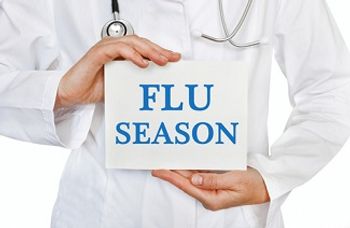
Although flu vaccine effectiveness estimates are not available yet for this season, authors of a new article in The Lancet Infectious Diseases are calling for new vaccines with alternative administration methods to improve the efficacy of the flu shot.

A new study provides evidence that there was no change in herd immunity among more than 34,000 students in Australia with moderate to high vaccination rates.

The CDC reports transgender women diagnosed with HIV are less likely to receive partner services, compared to other people receiving the same diagnosis.

The CDC, WHO, and other global entities are working together to understand and control this novel coronavirus and provide important guidelines for health care professionals. Here’s what you should know.

The US Food and Drug Administration has approved fidamoxicin for treatment of children aged 6 months up to 18 years with C diff infections.

Here is a look at infectious disease-related US Food and Drug Administration (FDA) news from the week of January 19, 2020.

We’ve compiled a list of recalls issued by the US Food and Drug Administration (FDA) and US Department of Agriculture (USDA) from this past week:

Stay up-to-date on the latest infectious disease news by checking out our top 5 articles of the week.

Sexual risk behavior is the strongest predictor of syphilis among HIV-infected MSM and the risk of infection doesn’t decrease with repeated episodes of the infection, a new study found.

Babies born with HIV benefit from beginning ART with days—not weeks—of birth.

The WHO Director-General Tedros Adhanom Ghebreyesus, PhD is not declaring the Wuhan Coronavirus outbreak a Public Health Emergency of International Concern at this time.
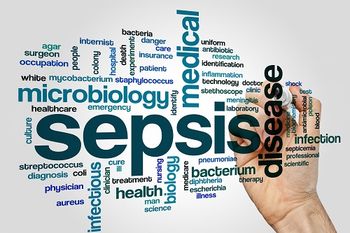
It appears that treatment with vitamin C, thiamine, and hydrocortisone does not significantly improve time alive and time free of vasopressor administration among patients with sepsis.

A study has revealed the ways Mycoplasma genitalium competes with host organism cells for essential metal nutrients.

Infection with C diff can increase hospital length of stay between 3 and 21 days, new research says.

The WHO International Health Regulations Emergency Committee convened on January 22rd to discuss the status of the coronavirus outbreak. The committee was split on their decision and will reconvene on January 23rd.
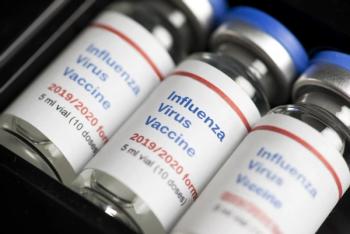
CDC estimates indicate that there have been 13 million influenza illnesses, 120,000 hospitalizations, and 6600 flu-related deaths so far this season.

A report suggests governments can significantly reduce the economic toll of epidemics with a (relatively) small investment.

Public Health England reported the promising news that new HIV transmission in the UK continued to decline in 2018.

Traditional influenza surveillance typically has a 1- to 3-week reporting lag and is usually preliminary and revised as more information becomes available. Therefore, more accurate surveillance tools are needed.

The case has been confirmed in an individual in Washington State.